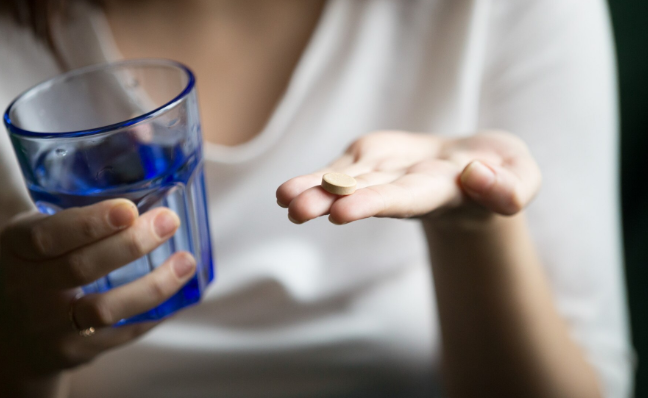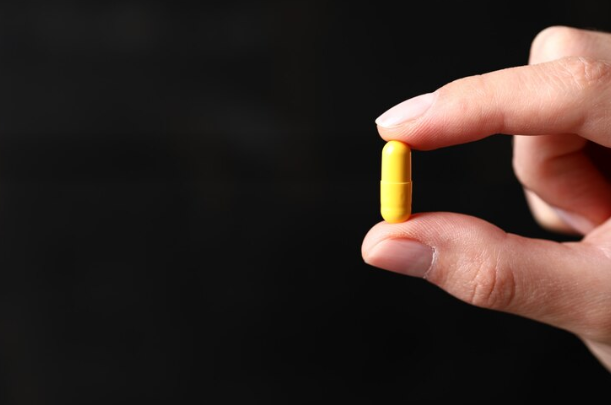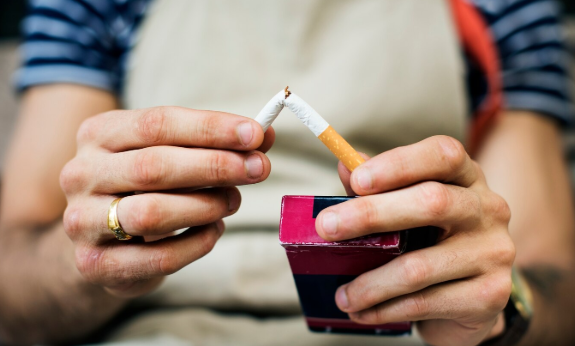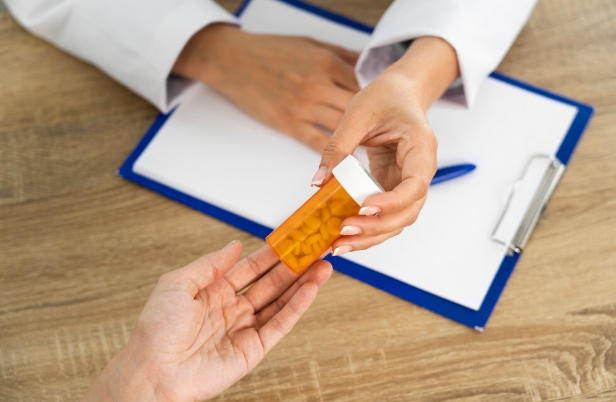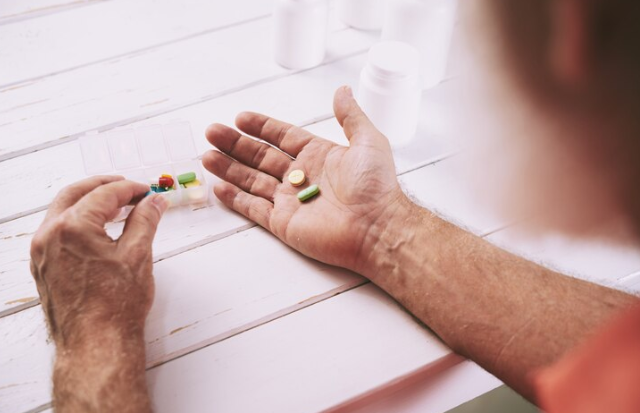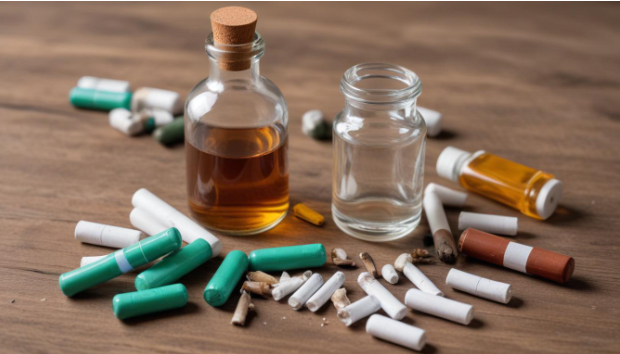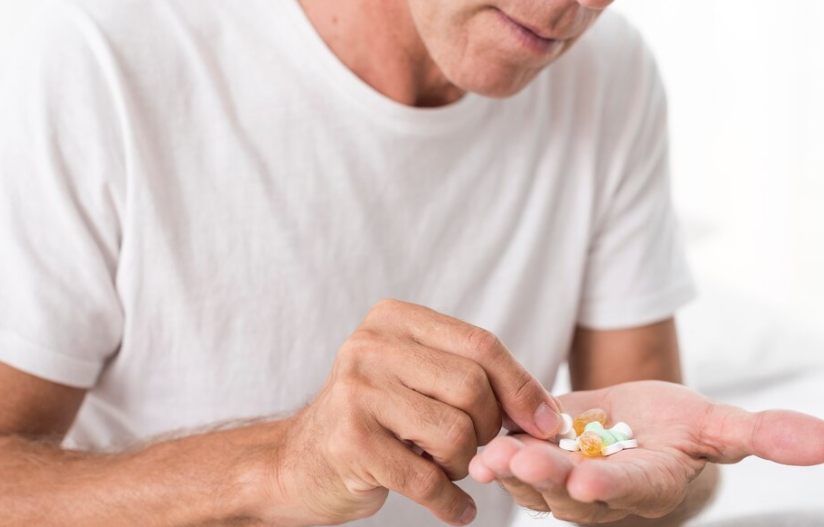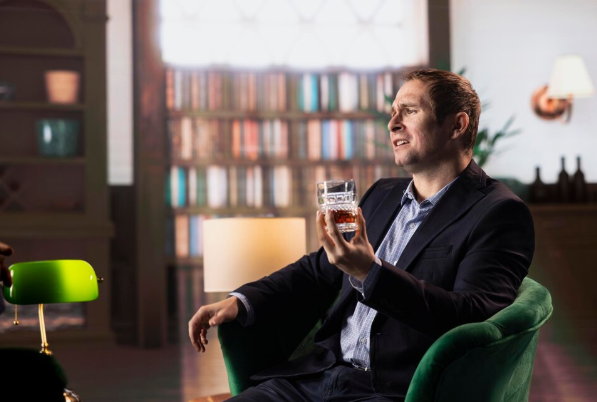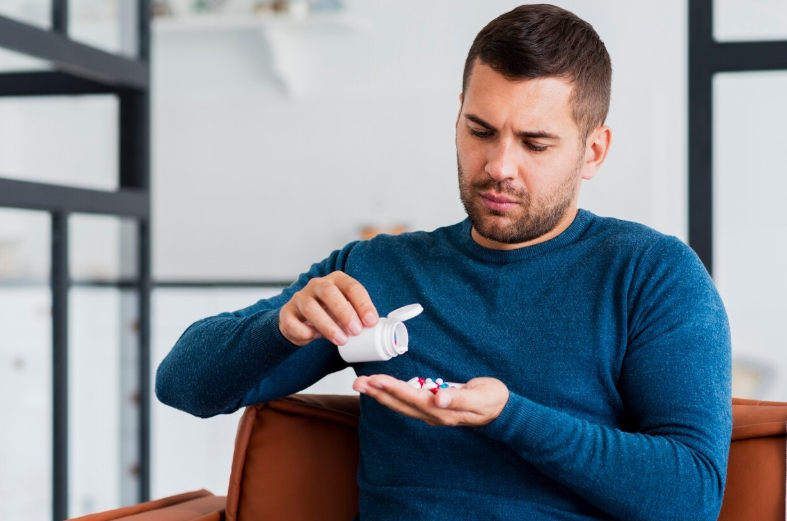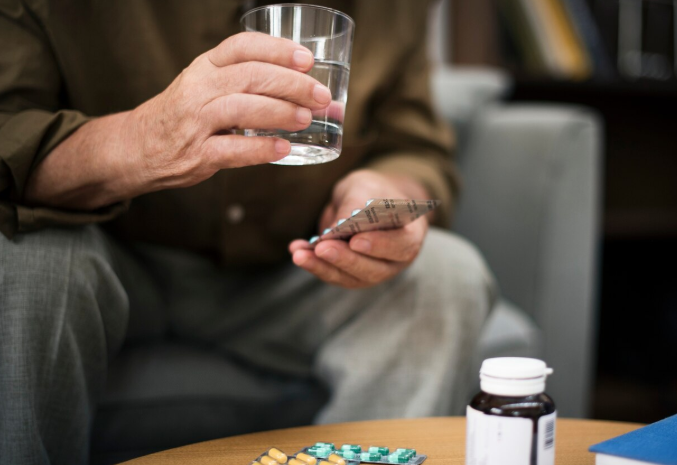
- Psychiatrist in Malibu, Substance abuse treatment
- 0 Comments
Psychiatrist Malibu, Los Angeles County, CA – Psychiatry: Key to Effective Substance Abuse Treatment
In Malibu, the sun sets over the Pacific in golden hues, and the ocean breeze whispers serenity. But beyond the scenic coastline and celebrity retreats, Malibu holds another identity rooted in healing, restoration, and a powerful commitment to substance abuse treatment. In this space, we embrace recovery as a transformative journey shaped by compassionate care, […]
Read More